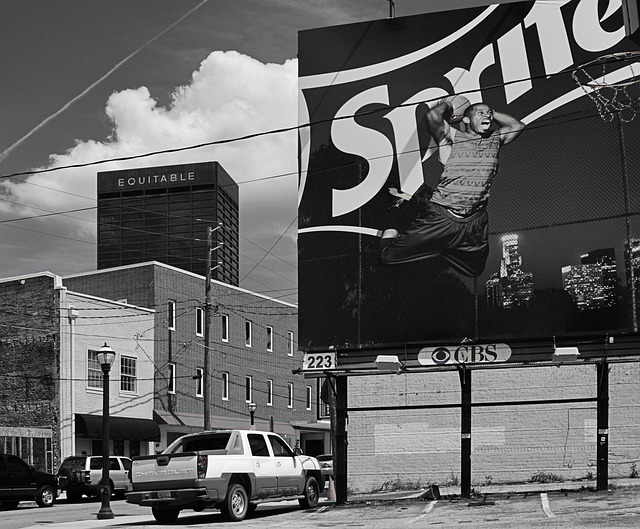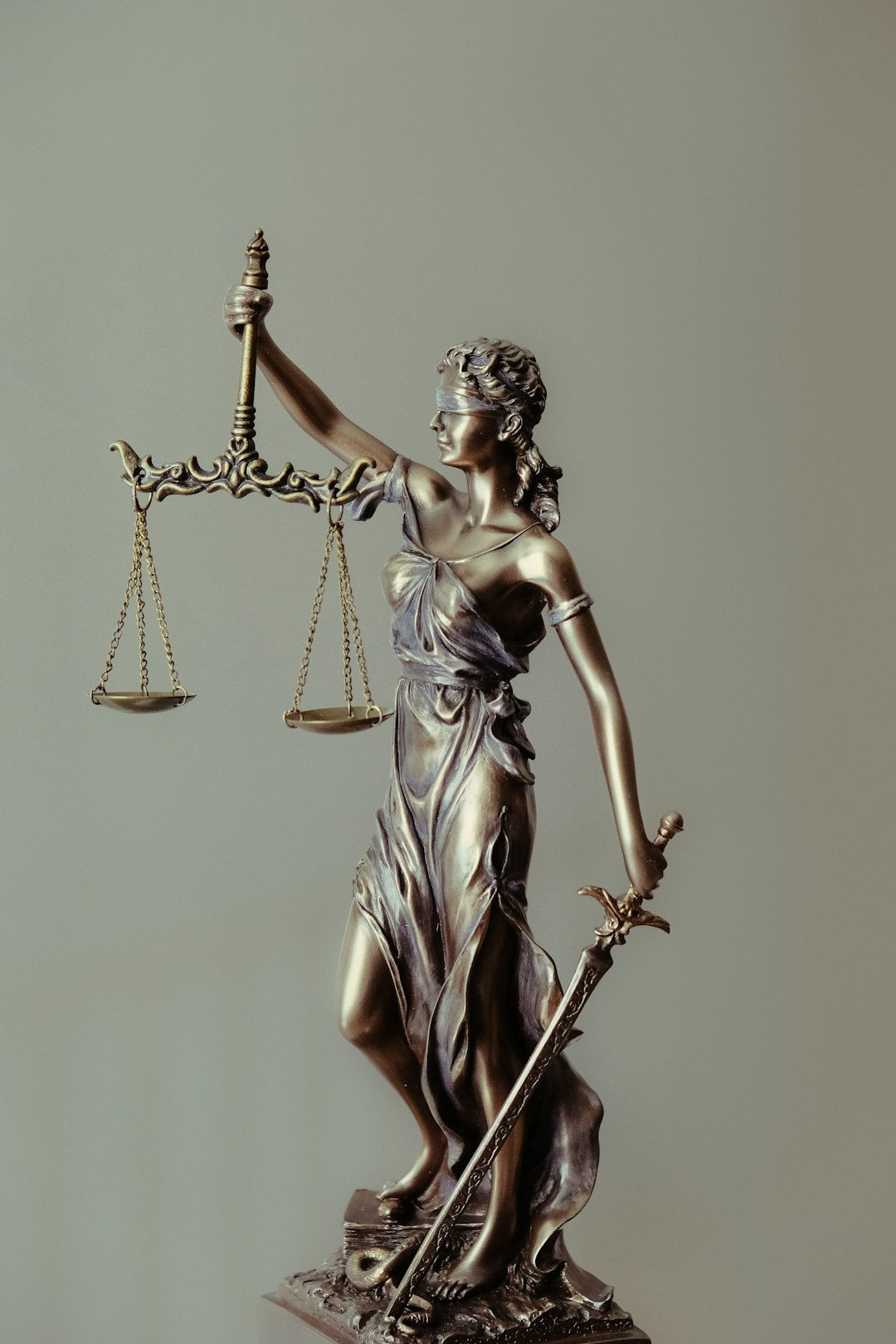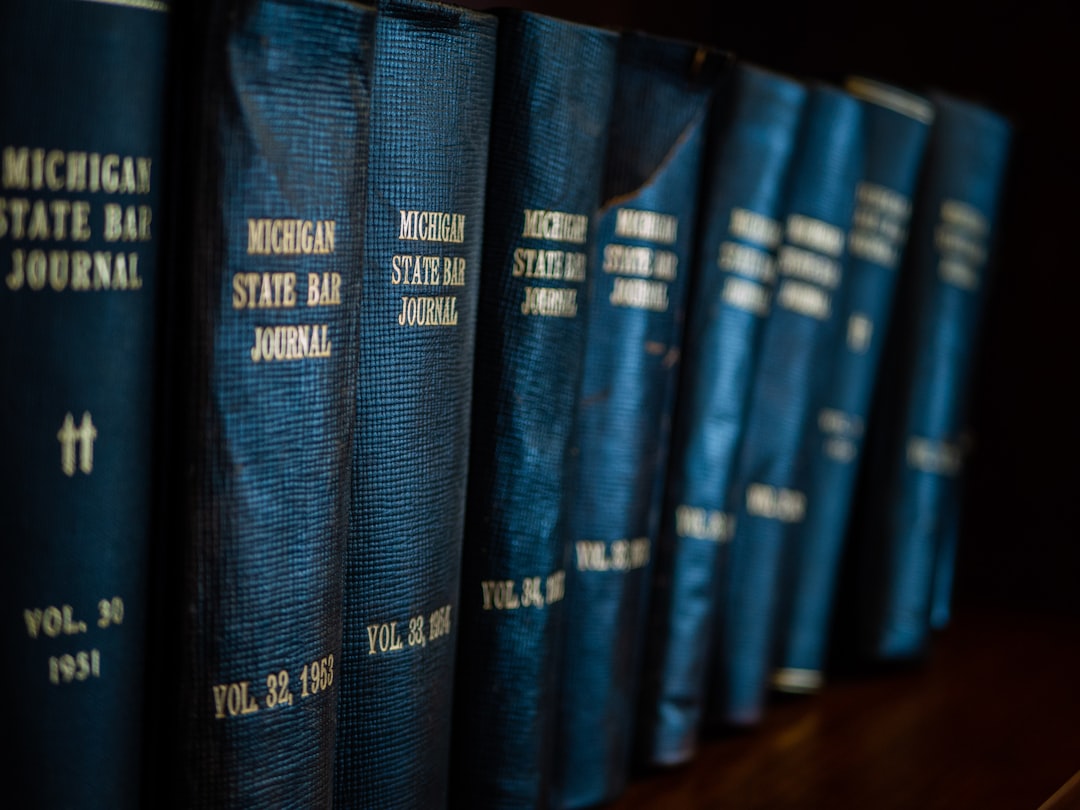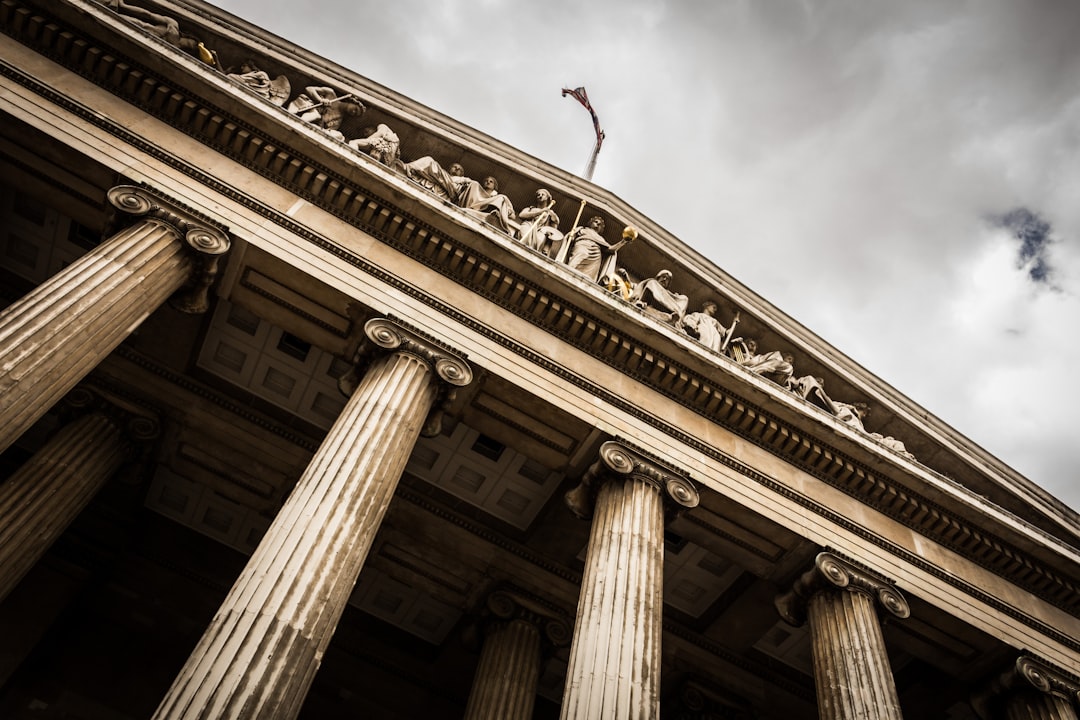Deepfake technology poses significant legal challenges in Atlanta, with sexual assault law firms leading efforts to address issues like non-consensual deepfake pornography, digital evidence tampering, and copyright infringement. These firms collaborate with forensics experts to analyze metadata, combat altered content, and protect victims through legal aid, expert testimony, and community awareness campaigns targeting at-risk populations.
In the digital age, deepfake pornography poses a growing concern in Atlanta and across the nation. As technology advances, so do the challenges it presents, particularly in the realm of sexual exploitation. This article delves into the intricate legal aspects surrounding deepfakes in Atlanta, exploring their impact on existing sexual assault laws and victim protection. We guide readers through the current landscape, offering insights for a better understanding of this complex issue, with a focus on resources available to victims and those seeking justice at a sexual assault law firm in Atlanta, GA.
Deepfakes: The Legal Landscape in Atlanta
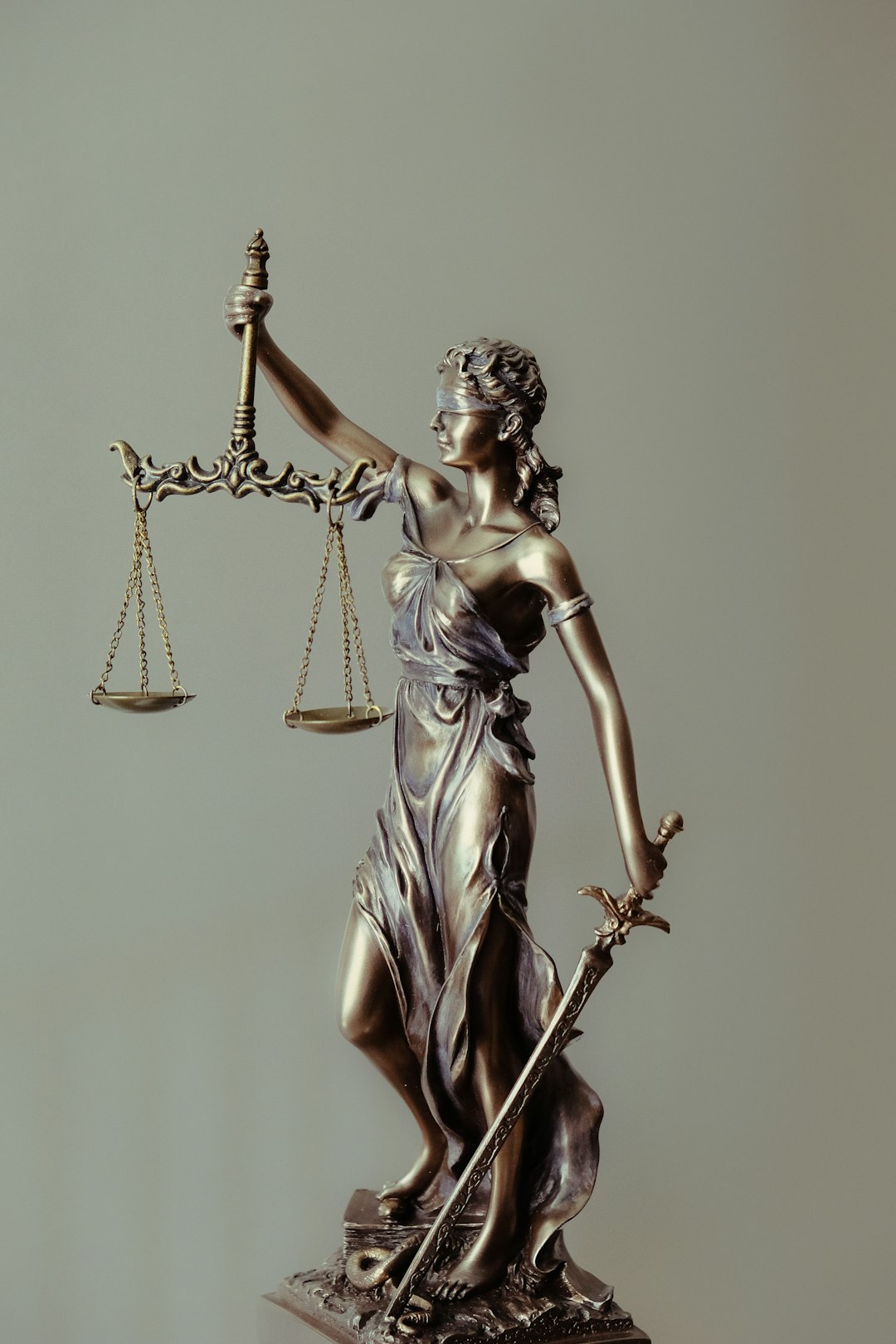
In recent years, deepfake technology has emerged as a significant concern in the legal landscape, particularly with the rise of deepfake pornography. Atlanta, as a major city, is no exception to this growing issue. Deepfakes, which involve using artificial intelligence to manipulate and create realistic but fake images or videos, have opened up a new frontier for sexual assault law firms in Atlanta GA. These law firms are now tasked with addressing the legal complexities arising from deepfake content, especially when it involves non-consensual distribution or creation with malicious intent.
The legal implications of deepfakes are vast and can impact individuals’ privacy, reputations, and even their safety. In Atlanta, sexual assault law firms are playing a crucial role in protecting victims and combating the potential misuse of this technology. They are at the forefront of navigating the intricate web of state and federal laws surrounding computer fraud, invasion of privacy, and copyright infringement, which often intersect when dealing with deepfake cases. Understanding these legal nuances is essential to ensure that justice is served and that individuals affected by deepfakes receive the necessary support and protection.
Sexual Assault Laws & Digital Evidence

In Atlanta, as across the nation, sexual assault laws are designed to protect victims and hold perpetrators accountable. When it comes to digital evidence, such as deepfake pornography, these laws present unique challenges. While traditional forms of evidence like fingerprints or DNA samples are readily admissible in court, digital media can be more complex due to potential tampering and lack of authenticity. A sexual assault law firm in Atlanta GA is equipped to navigate these complexities, ensuring that digital evidence is properly handled, verified, and used to support legal cases.
Expert testimony and specialized forensics play a crucial role in establishing the integrity of digital evidence. Attorneys at a sexual assault law firm Atlanta GA often collaborate with computer forensics experts who can analyze metadata, detect alterations, and provide insights into the creation and distribution of such content. This meticulous process is essential to combat the growing problem of deepfake pornography, where manipulated videos or images are used to defame or harm individuals, potentially leading to false accusations or severe emotional distress.
Protecting Victims: Strategies & Resources
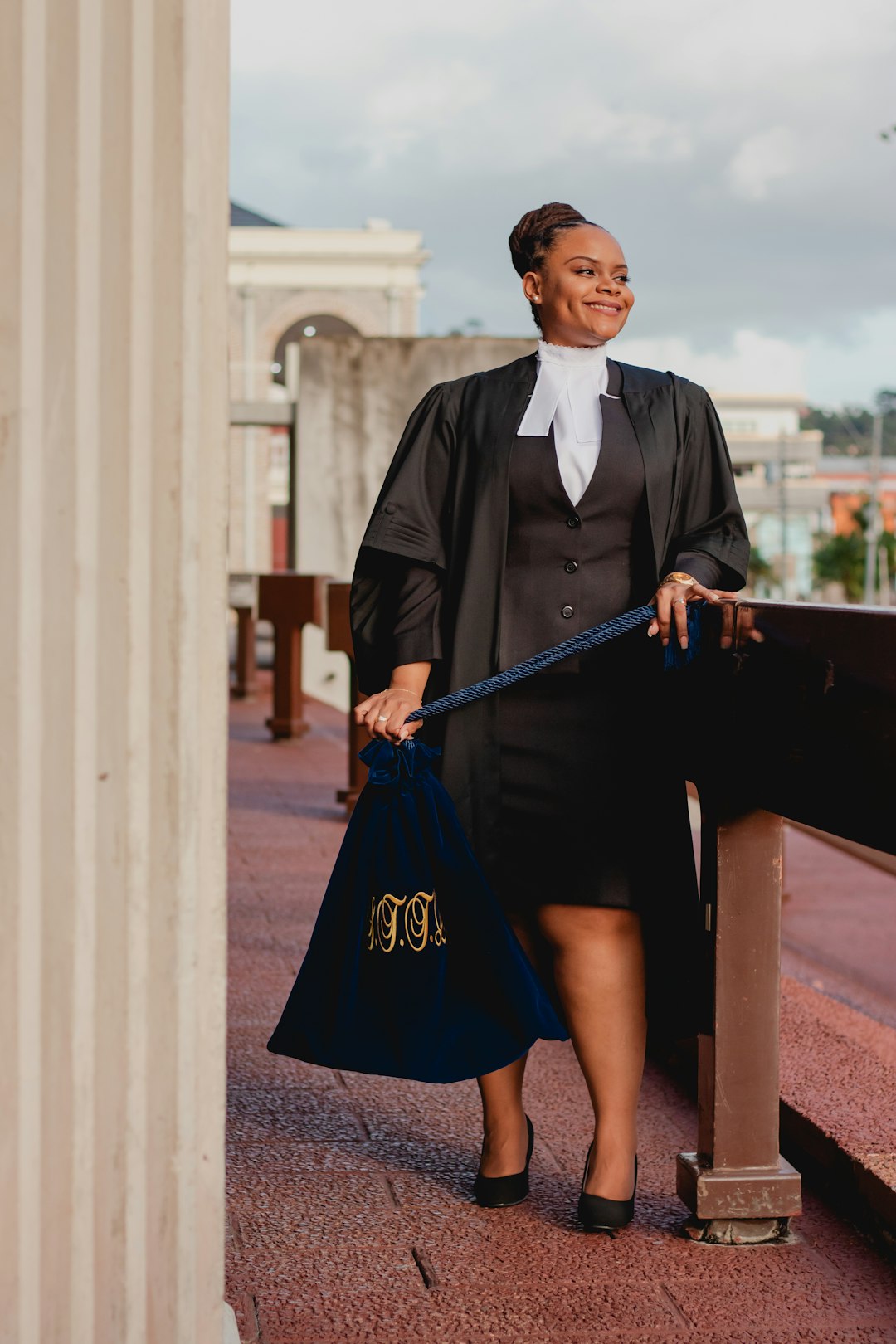
Protecting victims of deepfake pornography is a multifaceted challenge, but several strategies and resources are available in Atlanta, Georgia. A sexual assault law firm plays a crucial role by offering specialized legal assistance to those affected. These firms employ experts who understand the complexities of deepfake cases, ensuring that victims receive adequate support and representation.
Beyond legal aid, Atlanta communities and organizations collaborate to raise awareness about deepfakes and their impact. Educational campaigns target at-risk populations, teaching them how to recognize and report suspicious content. Support groups provide a safe space for victims to share their experiences and access resources tailored to their needs, including counseling services and temporary housing assistance from local non-profits dedicated to fighting sexual assault and digital exploitation.

